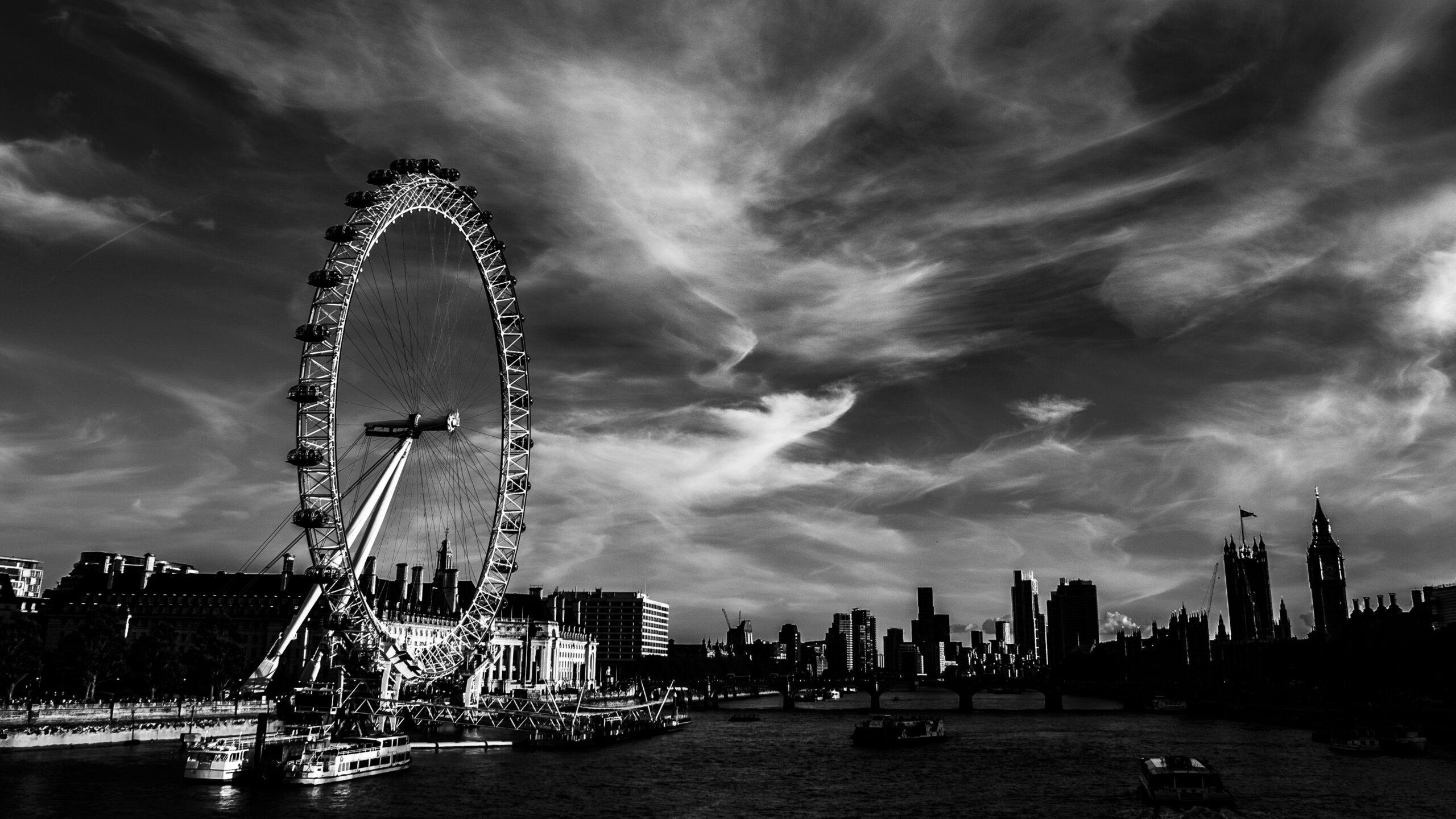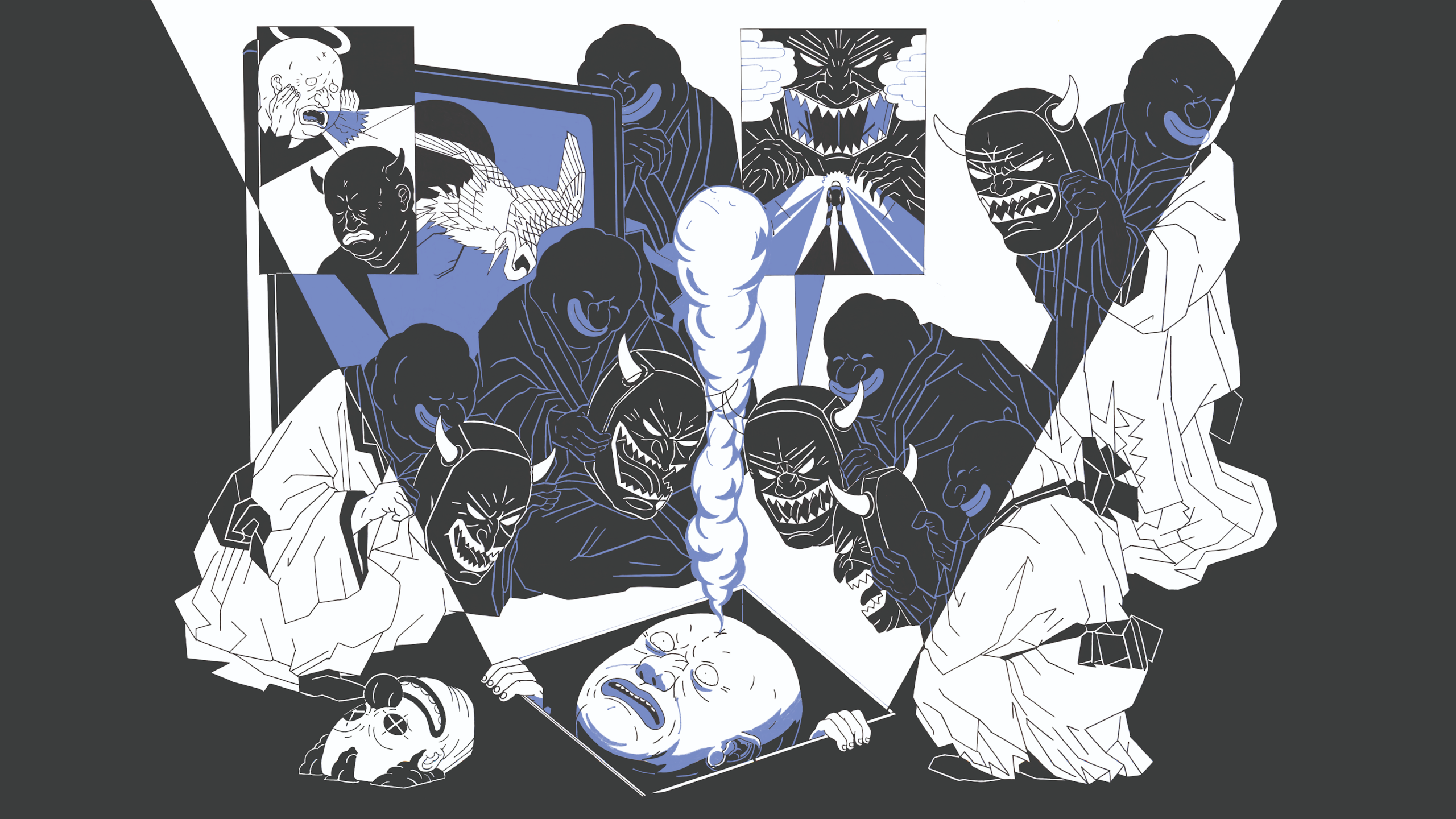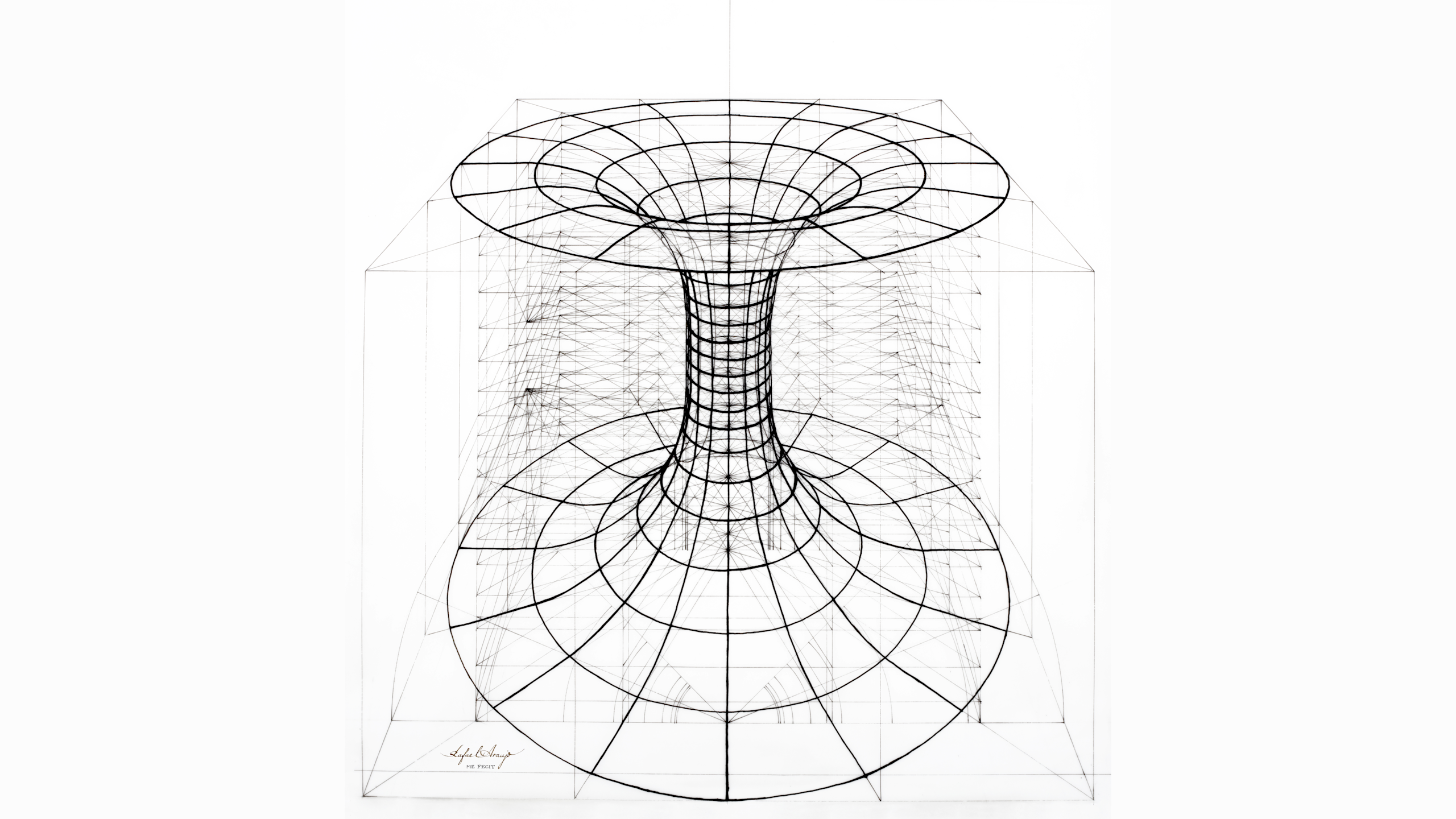The Evolution of Capitalism
Does the end justify the means?

Wealth's Mirage. Artist: Anna Beyger Pasternak
Although people often complain about carnival games being rigged, generally the ferris wheel is a safe bet. But what if you got on a ferris wheel and you never got to the top because the wheel just kept going back and forth so only a few people reached the top? You’d probably say the ferris wheel was as rigged as the other carnival games.
The top 10% of the world’s population owns 76% of the wealth and 52% of the income. Is capitalism rigged?
Capitalism at its core is supposed to be a free market mechanism, encouraging people to supply whatever is in demand. There are some definite advantages to this system (freedom of choice! the market meets your desires!), but also some big drawbacks, like the fact that capitalism is very transactional and focused on short-term gains. Inconveniently, seeking the greater good for society and the world is a much longer-term gain, making it a goal often ignored by money-maximizing humans.
The dog-eat-dog world of capitalism is similar in many ways to the shark-eat-shark world of evolution. They are both survival-of-the-fittest systems with winners and losers, which is tough luck for the losers, but healthy for the system overall as it is the winners that survive to reproduce and pass advantageous adaptations along. More importantly, capitalism and evolution are both reactive, because what is “fittest” depends on the environment.
That’s why evolution itself is always evolving and changing: because when the environment changes (constantly), evolution changes along with it to meet the challenges of the new environment. Capitalism is much the same way, adapting to the modern environment where people care less about quantity and more about quality. As people’s desires change, so too will capitalism evolve to focus more on sustainability, preventive measures, and affordability. Just as Darwin’s finches evolved various beak shapes adapted to feed in their environment, the new environment of capitalism will cause the market to adapt to favor more sustainability.
But what if the evolution system was rigged? That would lead to the world of evolution breaking down with the “chosen” ones remaining at the top. The same thing has happened with capitalism. What if few of the animals in the jungle got most of the resources — and then made deals by leveraging those resources to gain temporary control of the rest? On top of that, they’d have to give up less resources for the greater good (since debt leverage actually reduces your tax rate). It’s a rigged system.
Some people believe we can actually rig capitalism for the good, by rewarding sustainable long-term behavior. We’ve already done this with carbon credits, but why stop there? We could have get some exercise credits, clean up a common space credits, plant a tree credits… everything that pushes the environment to further reward quality and sustainability will result in capitalism evolving to do the same. It’s tempting to say that if the system is already rigged, why not rig the system to benefit those who do things we deem good?
The downside is that by saying a pro-social end justifies the means of a rigged system, our behavior becomes fully controlled by policymakers. And without the free will to make our own choices, we might lose an important part of life’s journey of self-discovery. (Not to mention that an already-rigged system is easy to abuse to punish people on a whim.)
Perhaps there is value in having a framework that works without constant human intervention. While incentivizing good behavior is a noble goal, it’s possible that the best solution for a poorly-rigged system isn’t a better-rigged system, but a fair playing field.
References
- Insights from the World Inequality Report 2022
- Capitalist Economy
- Capitalism: A Very Short Introduction
- Adaptive Radiations: From Field to Genomic Studies
- Darwin, Evolution And Natural Selection
- Adaptive Radiation: Darwin's Finches
- Mammaliaform Extinctions As A Driver Of The Morphological Radiation Of Cenozoic Mammals




Responses